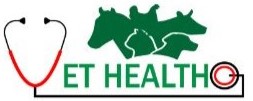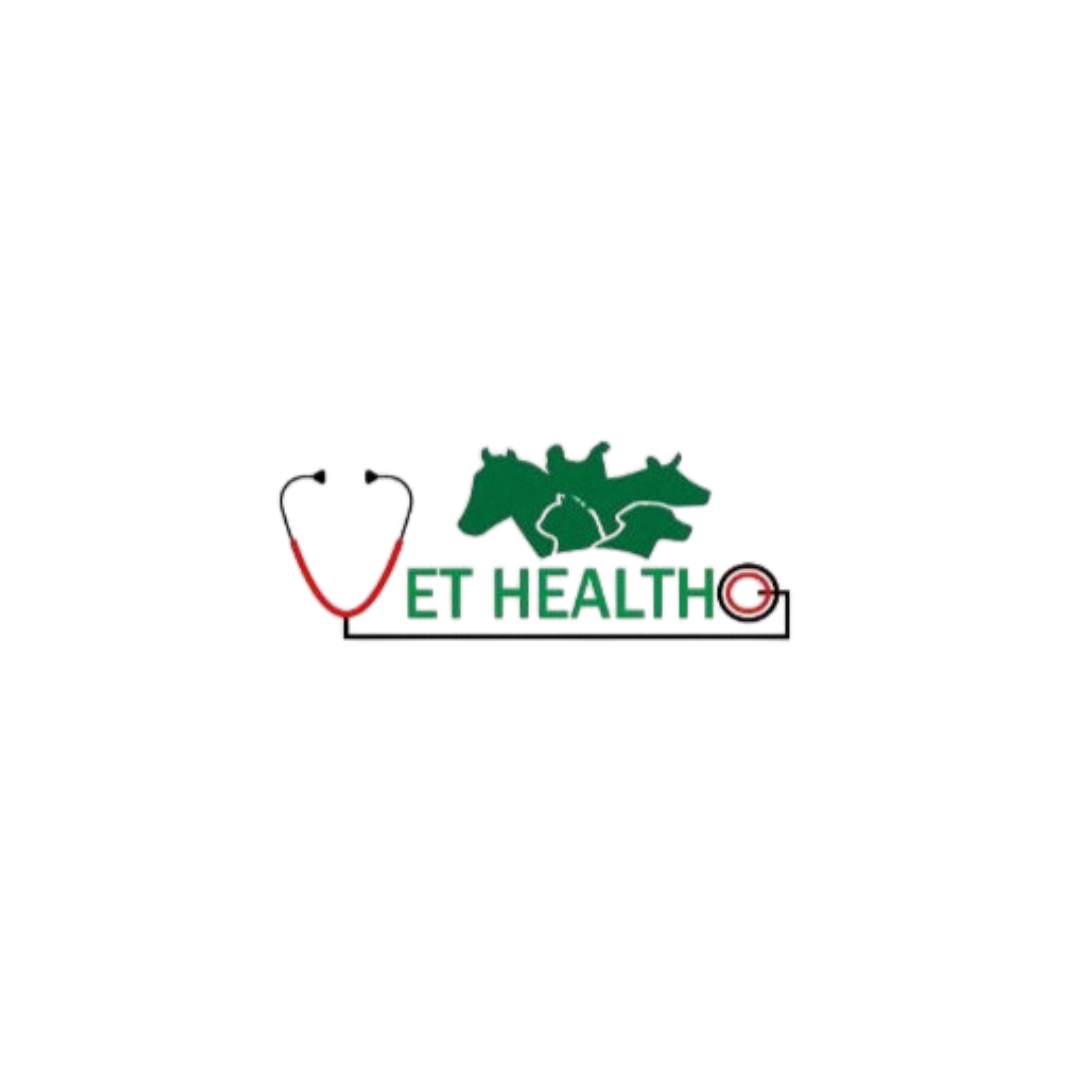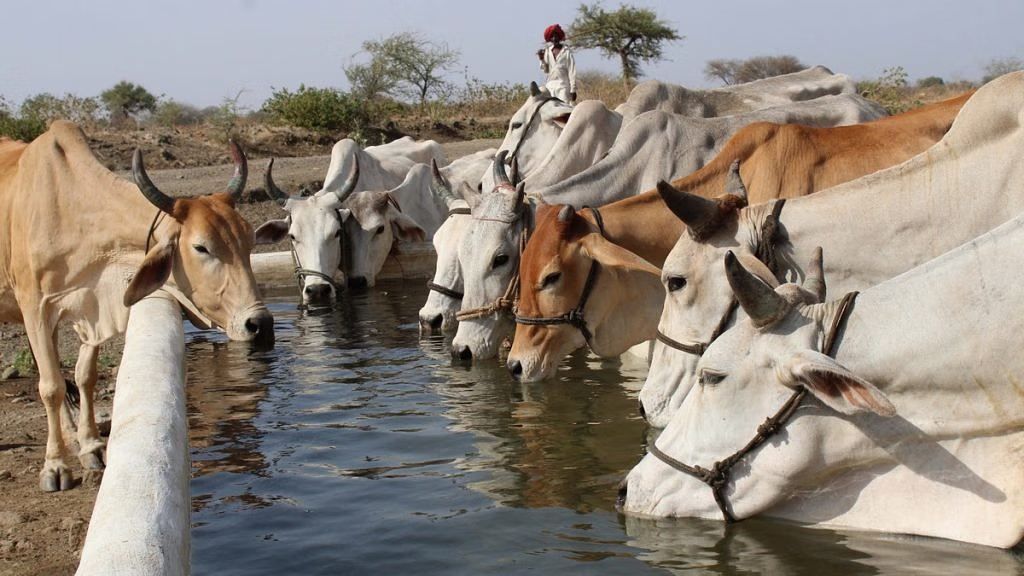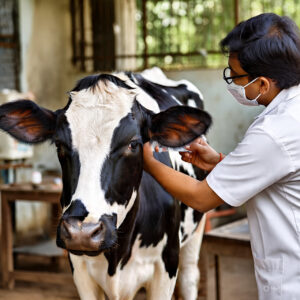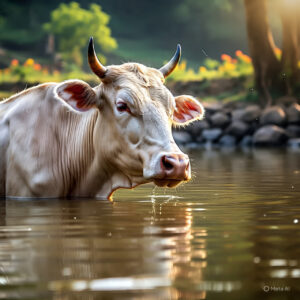Introduction
Water is one of the most vital nutrients for cows, yet it is often overlooked in routine feeding practices. Proper hydration not only influences the cow’s overall health but also has a direct impact on digestion, milk production, reproduction, and immunity. Understanding the water intake requirements for healthy cows is essential for dairy farmers who aim to improve animal performance and herd productivity.
Water Intake Needs of Healthy Cows by Stage
1. Importance of Water in a Cow’s Body
Water accounts for approximately 50–80% of a cow’s body weight and plays multiple physiological roles:
- Helps in digestion and nutrient absorption
- Maintains body temperature
- Supports blood circulation and metabolic processes
- Enables milk synthesis (milk is 87% water)
A deficiency in water intake can quickly lead to dehydration, reduced feed intake, and a dramatic drop in milk yield.
2. Daily Water Requirement by Cow Type
Water intake can vary based on breed, age, production level, diet, and environmental conditions.
Daily Drinking Water Requirements for Lactating Cows
Lactating Cows
- Daily Requirement: 80–150 liters/day
- Higher milk yield increases water demand
Dry Cows (Non-lactating)
- Daily Requirement: 40–60 liters/day
Pregnant Cows
- Water intake must increase in the last trimester to support fetal growth.
- Provide extra 10–20 liters/day
Calves
- Young calves require 4–10 liters/day, depending on age and diet.
- Water should be available even during milk-feeding stages.
Why Proper Water Intake Matters for Cow Health
3. Factors Affecting Water Intake
a. Temperature and Humidity
In hot and humid climates, cows may require up to 30% more water. Ensure fresh water access during the summer months.
b. Type of Feed
- Dry feed or hay diets increase water needs
- Silage and green fodder provide moisture, reducing the drinking requirement slightly
c. Salt and Mineral Intake
Supplementing with salt, urea, or mineral mix increases thirst, thus raising water needs.
4. Tips for Ensuring Adequate Water Intake
- Provide Clean and Fresh Water: Ensure water is free from mud, algae, or fecal contamination.
- Water Trough Design: Wide, easy-to-reach troughs prevent crowding.
- Multiple Access Points: For large herds, distribute water sources to avoid competition.
- Monitor Daily Water Consumption: Sudden drops in intake may signal illness or stress.
5. Water Quality Parameters
Cows are sensitive to water quality. Ideal parameters:
- pH: 6.5–8.5
- TDS (Total Dissolved Solids): Less than 1000 mg/L
- Nitrates: Below 10 ppm
- No coliform bacteria
If in doubt, get water tested at regular intervals.
Factors That Affect Water Consumption in Cattle
6. Consequences of Inadequate Water
- Drop in milk yield by 10–30%
- Slower digestion and low feed conversion
- Higher risk of heat stress and metabolic disorders
- Increased susceptibility to mastitis and reproductive problems
Conclusion
Meeting the water intake requirements for healthy cows is as critical as feeding the right nutrition. Clean, cool, and accessible water should be a daily priority in every dairy management system. Remember: when water is limited, everything suffers – from feed efficiency to fertility.
